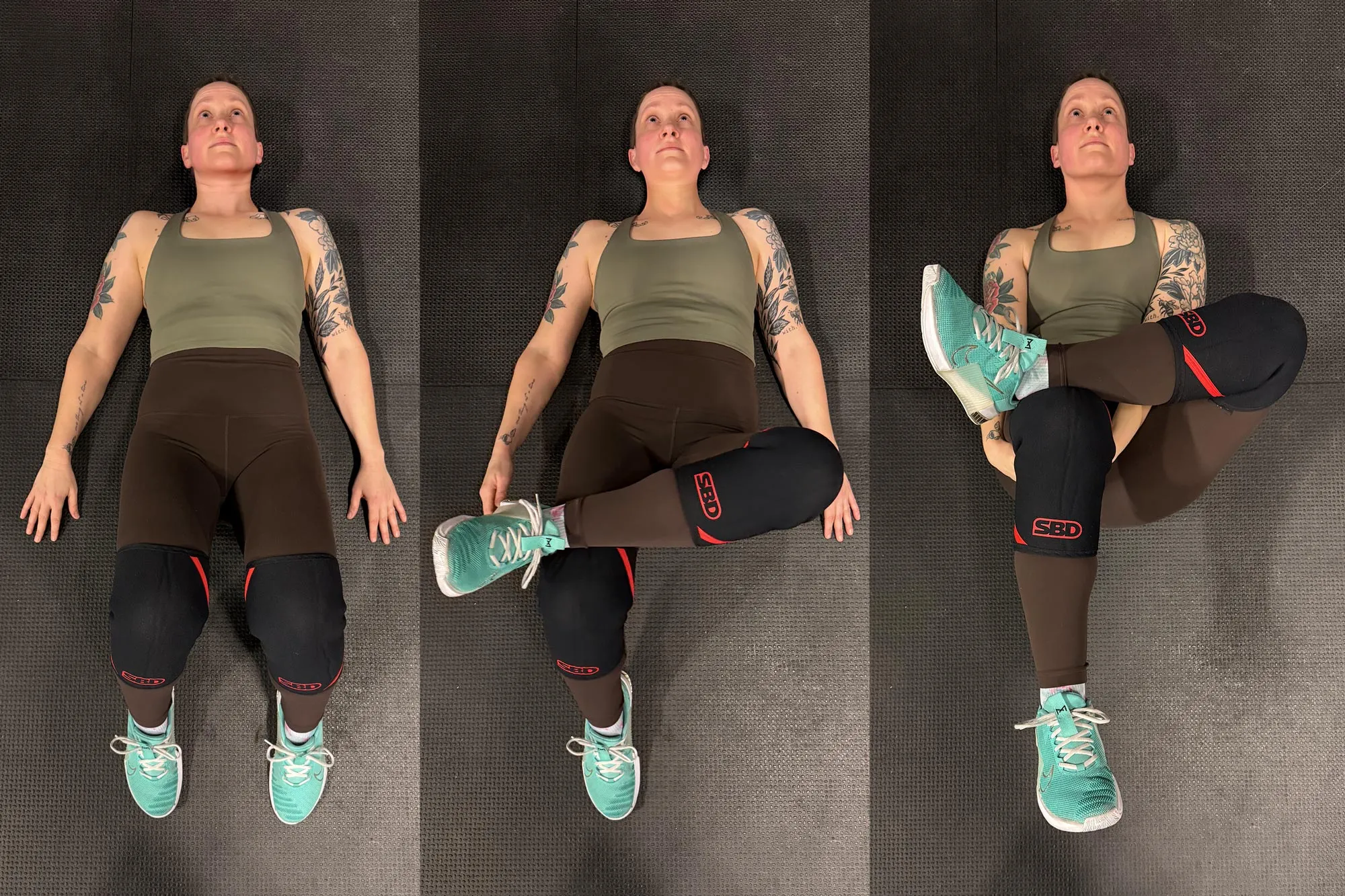As women reach midlife, the question of supplements becomes more pressing. Many wonder if multivitamins, minerals, and trendy powders actually help, or if they are just a marketing gimmick. While research shows multivitamins alone may not extend life, targeted supplementation can support aging bodies. There are good reasons to consider supplements as we age. Absorption of certain nutrients like vitamin B12 and calcium naturally declines over time. Hormonal shifts, particularly declining estrogen, can affect bones, metabolism, heart health, and muscle mass. Supplements may help reduce related risks, though not all women need the same nutrients.
Before buying any supplements, reviewing dietary habits is key. Middle-aged women often face time pressures, juggling work, family, and personal needs. Skipping meals or following fad diets can reduce nutrient intake, leaving gaps that supplements might fill. Protein intake is another important factor. Experts recommend 1.6 grams per kilogram of ideal body weight daily, ideally spread across meals. Active women may need up to 2 grams per kilogram. Pairing this with resistance training helps maintain bone and muscle health. Fibre is essential for digestion, immunity, and nutrient absorption. A diet rich in fruits, vegetables, whole grains, nuts, and legumes supports gut health and acts as an internal supplement factory.
Changes in the body can indicate deficiencies. Fatigue, hair loss, or muscle weakness may point to low vitamin or mineral levels. Certain lifestyles and medications may increase supplement needs. For instance, vegans often require B12, while people on medications like proton pump inhibitors or metformin may absorb fewer nutrients. Calcium and iodine are vital for bones and thyroid health. Experts recommend dairy or fortified milk alternatives, including kefir, especially during perimenopause. Women experiencing heavier periods may need extra iron, while digestive conditions like coeliac disease can reduce absorption. Blood tests are the most reliable way to confirm deficiencies.
Vitamin D is one of the most commonly needed supplements. It supports bones, immunity, muscles, and hormones. Those with darker skin, high sun protection use, or limited sun exposure may need it year-round. Experts suggest at least 10 mcg (400 IU) daily, ideally as vitamin D3. Magnesium can help with sleep, stress, muscle health, and nerve function. Experts advise evaluating baseline diet before adding supplements, as whole grains, nuts, and beans may already provide enough. Omega-3 fatty acids are crucial for heart, brain, and joint health, particularly for women who do not consume oily fish weekly. Look for third-party tested EPA and DHA supplements. Trendy supplements like collagen, biotin, and lion’s mane mushrooms are generally safe. Collagen supports joint and bone health, while biotin may aid hair growth if deficiency exists. Lion’s mane has limited evidence in humans but is unlikely to harm. Creatine, known for muscle benefits, may also support cognition in healthy adults.
Avoid taking multiple new supplements at once. Start each one individually for four to six weeks to monitor effects. Be cautious of marketing terms like “food grown” or “micronised,” as these may not improve absorption. Prioritize nutrients from whole foods first, using supplements only as a top-up. Chewable gummies may be convenient, but watch sugar content and portion size. Too much of certain vitamins or minerals, including iron, vitamin A, D, and magnesium, can be harmful. Always check with a pharmacist if you have medical conditions or take other medications.
Supplements are not a shortcut to health. Stress, poor sleep, and lifestyle factors often have a bigger impact than vitamins alone. Maintaining a balanced diet, regular exercise, quality sleep, and social connection is crucial before turning to supplements. For midlife women, vitamin supplements can be helpful when tailored to personal needs. By combining dietary adjustments with targeted supplementation, women can support bone health, heart function, brain health, and overall well-being.







